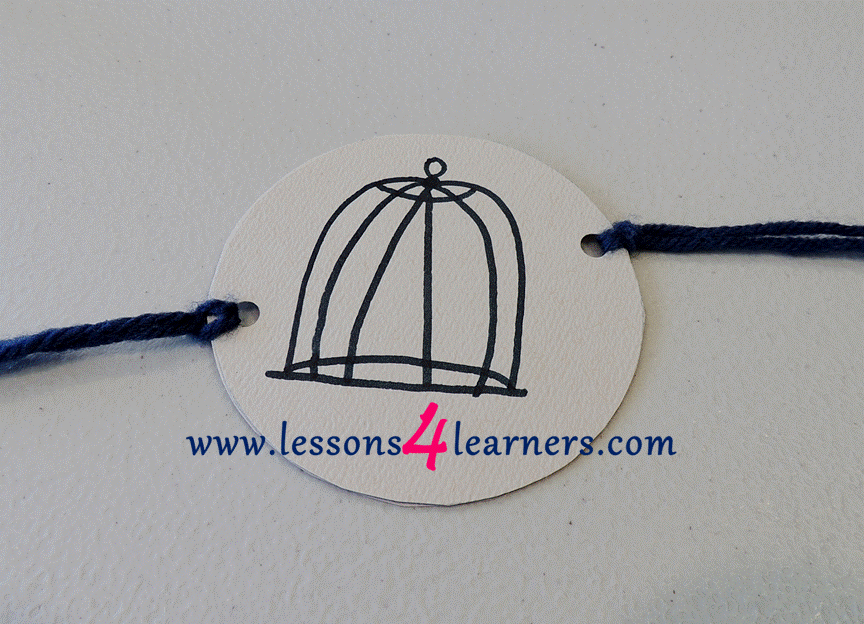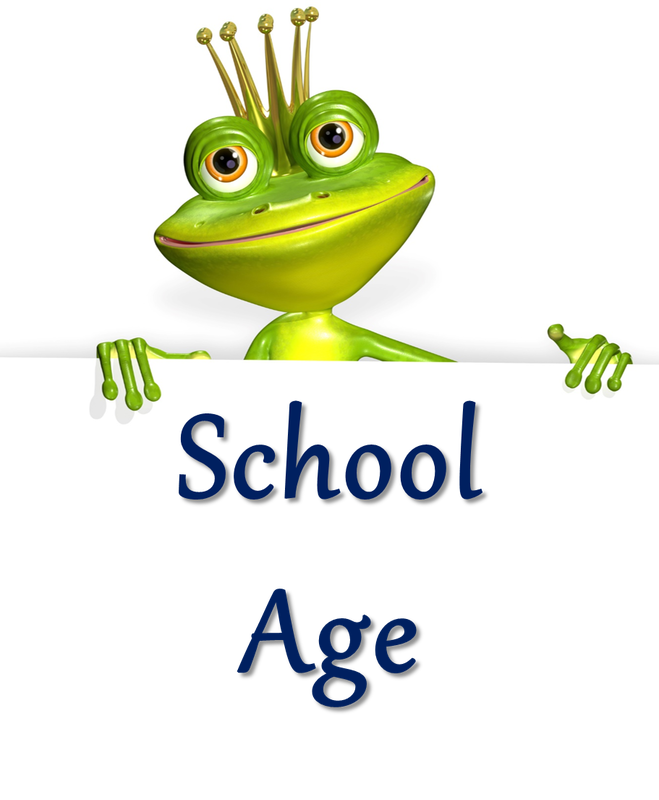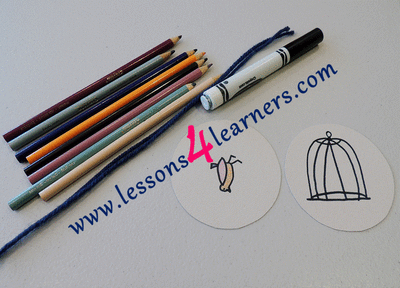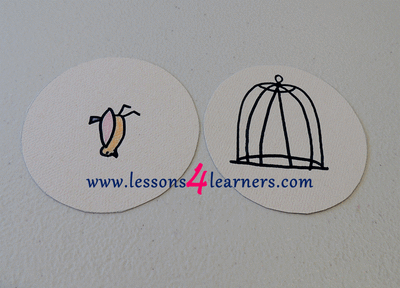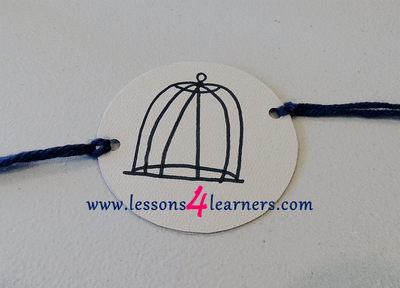Member Login 
Member Login
Welcome, (First Name)!
Enter Member Area
Thaumatropes
Lesson plan developed by Aurora Tollestrup, BS Ed
|
Online Courses
Teaching Preschool Math Using Manipulatives
(3 hours / .3 CEU) Tuition: $31.50 Use of Puppetry and Plays (3 hours / .3 CEU) Tuition: $31.50 |
|
Materials:
|
|
|
Anticipatory Set:
|
|
|
Procedure:
|
|
|
Assessment:
|
|
Technology
“Follow the evidence wherever it leads, and question everything.” –Neil deGrasse Tyson
Technology is an entire system that encompasses the knowledge, processes and devices that have been used for various purposes throughout history. We often think of technology as things like computers, but in reality, technology is a tool. Arrowheads used by Native American hunters are an artifact of technology. Likewise, the process of creating those arrowheads is technology; it is a technological process.
Technology is an entire system that encompasses the knowledge, processes and devices that have been used for various purposes throughout history. We often think of technology as things like computers, but in reality, technology is a tool. Arrowheads used by Native American hunters are an artifact of technology. Likewise, the process of creating those arrowheads is technology; it is a technological process.
It is important for students to understand technological processes especially as they apply to the real-world and the relevant world around them. Learning these processes and their applications can assist their social and collaborative skills, critical thinking skills and problem solving skills. These are fundamental skills that can and will assist them in many aspects of their lives.
How to include technology lessons in your program:
How to include technology lessons in your program:
- Use technology in your classroom by having technological programs available for student use.
- Explain the use of technology in everyday life such as pencils, light switches, erasers, chairs, etc.
- Give students opportunities for open-ended exploration.
- Connect real-life to the technology studies and lessons that you present.
- Give students opportunities to solve problems both independently and collaboratively.
